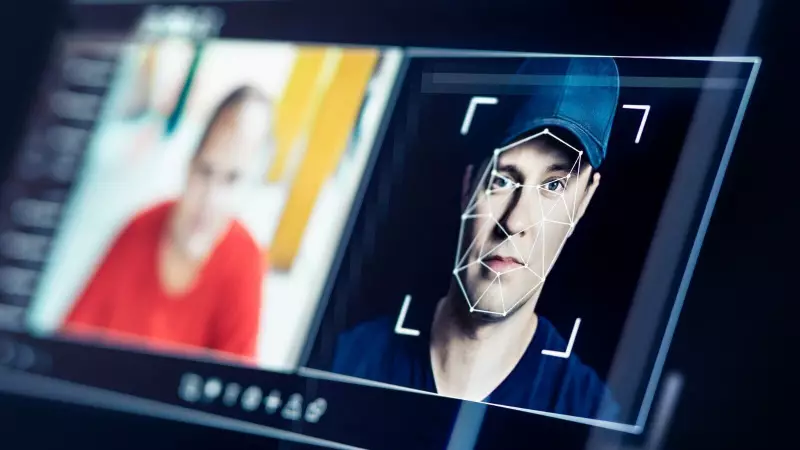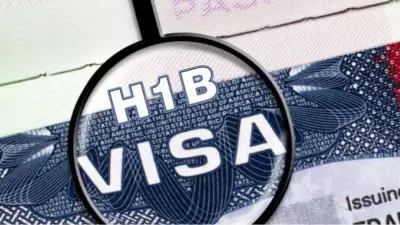
The emergence of OpenAI's groundbreaking Sora text-to-video generator has set off alarm bells across India's technology and policy circles, with experts calling for immediate regulatory action to combat the impending wave of synthetic media.
The Deepfake Tsunami: India's Regulatory Readiness
Unlike conventional AI tools that produce easily identifiable content, Sora's photorealistic video generation capabilities represent a quantum leap in synthetic media technology. This advancement comes at a critical juncture for India, which continues to grapple with existing deepfake challenges despite recent advisory measures from MEITY.
Watermarking Woes: The Inadequate Shield
Current watermarking solutions, often touted as the primary defense against AI-generated content, are proving increasingly insufficient. As Sora democratizes high-quality video creation, the existing framework of voluntary disclosures and basic metadata tagging appears dangerously outdated.
"The time for gentle advisories has passed," emphasizes cybersecurity expert Naitra, whose research highlights the vulnerability of India's digital ecosystem. "We need binding regulations with teeth, not just recommendations."
Global Precedents: Lessons for India's AI Strategy
India's regulatory approach stands at a crossroads, with multiple international models offering potential pathways:
- China's Comprehensive Framework: Mandatory labeling and strict accountability for AI-generated content
- European Union's AI Act: Risk-based classification and transparency requirements
- United States' Voluntary Guidelines: Industry-led standards with limited enforcement
The TikTok Precedent: A Missed Opportunity?
India's 2020 ban on TikTok and other Chinese apps demonstrated the government's willingness to take decisive action on digital threats. However, the current approach to AI regulation lacks similar urgency, despite the potentially greater societal impact of unregulated synthetic media.
The Path Forward: Essential Regulatory Measures
Technology and legal experts propose a multi-pronged strategy to address the Sora challenge:
- Mandatory Watermarking Standards: Implementing robust, tamper-proof identification systems for all AI-generated content
- Platform Accountability: Holding social media and content distribution platforms responsible for synthetic media detection
- Public Awareness Campaigns: Educating citizens about identifying and reporting deepfake content
- Rapid Response Framework: Establishing dedicated mechanisms for addressing viral synthetic media
"The window for proactive regulation is closing rapidly," warns a senior MEITY official speaking on condition of anonymity. "Sora represents both tremendous opportunity and unprecedented risk—how we respond will define India's digital future."
Industry Responsibility and Ethical AI Development
Beyond government action, technology companies bear significant responsibility. OpenAI's approach to Sora's rollout, including built-in safeguards and collaboration with global regulators, will set important precedents for the industry.
As India positions itself as a global technology leader, the response to Sora and similar AI advancements will test the nation's ability to balance innovation with protection, creativity with authenticity, and progress with precaution.





